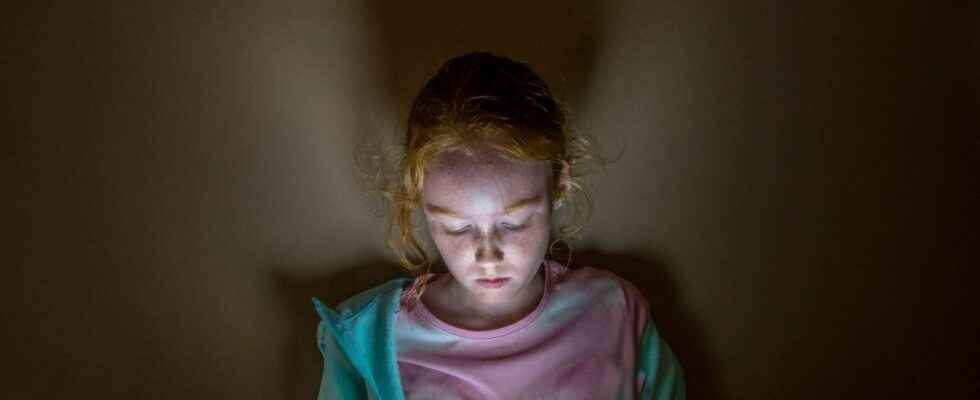Published on
Updated
Reading 2 mins.
In just a few minutes, young Tiktok followers can come across content promoting anorexia, self-harm or even suicide. At least that’s what emerges from a new study, conducted by the Center for Combating Digital Hate.
This is worrying news for all parents. According to a study by the Center for the fight against digital hatred (CCDH), young users of the TikTok social network can easily come across dangerous content, promoting anorexia, self-harm or even suicide.
Self-harm, eating disorders and suicide
To reach these conclusions, the Center for Combating Digital Hate (CCHR) created TikTok accounts in the United States, United Kingdom and Australia, divided into two categories: “standard” and “vulnerable”.
All of these accounts posed as 13-year-olds – the minimum age to join the platform. “Vulnerable” accounts have embedded “weight loss” in their username.
Then, the experts liked videos covering the subject of eating disorders, physical appearance and mental health, over a period of 30 minutes.
Result ? Three minutes later, the standard accounts saw content evoking the theme of suicide appear on their feed.
As for “vulnerable” accounts, it only took eight minutes for content around eating disorders to appear.
Worse still, the accounts “vulnerable“were 3x more exposed to harmful content than standard accounts and”12 times more” to videos around self-harm.
For Imran Ahmed, Director General of CCDH, “these results are every parent’s nightmare“.”Young people’s newsfeeds are bombarded with harmful and poignant content that can have a significant cumulative impact on their understanding of the world around them, as well as on their physical and mental health.”.
CCDH recommendations for parents
As social networks have become an integral part of children’s lives, adopting the right behavior towards them is more essential than ever.
the Center for Combating Digital Hate (CCDH) recommends to parents:
- talk to kids about social media. It’s as important to their lives as television and cable were to past generations.
- to ask them what they see on their feedbut also what interests them.
- if a child is showing worrying signs or behaviorsthe help of a specialist such as a child psychiatrist – or child protection associations on the Internet – may be necessary.
You can find other recommendations and a full report on this disturbing study on the website of the Center for Combating Digital Hate (CCDH) .
